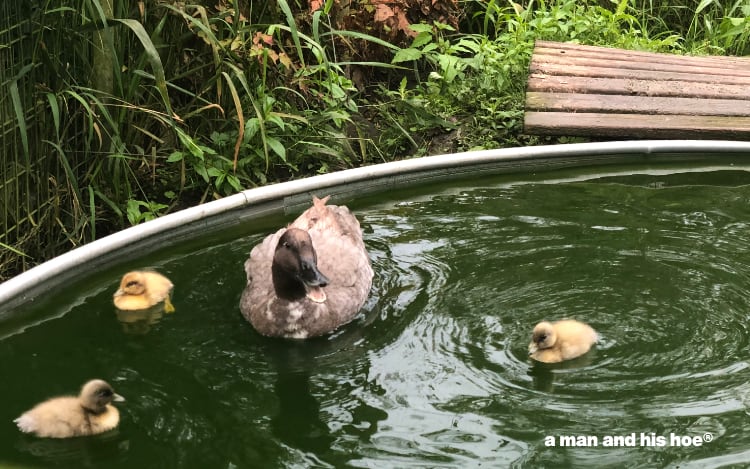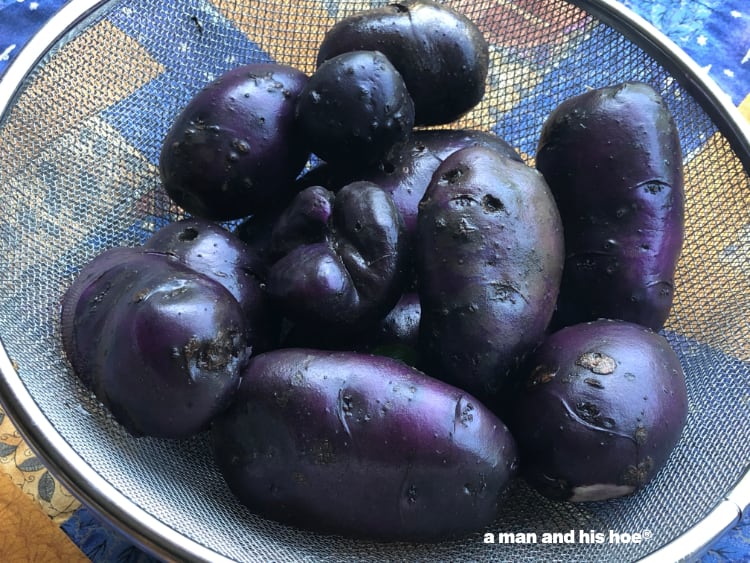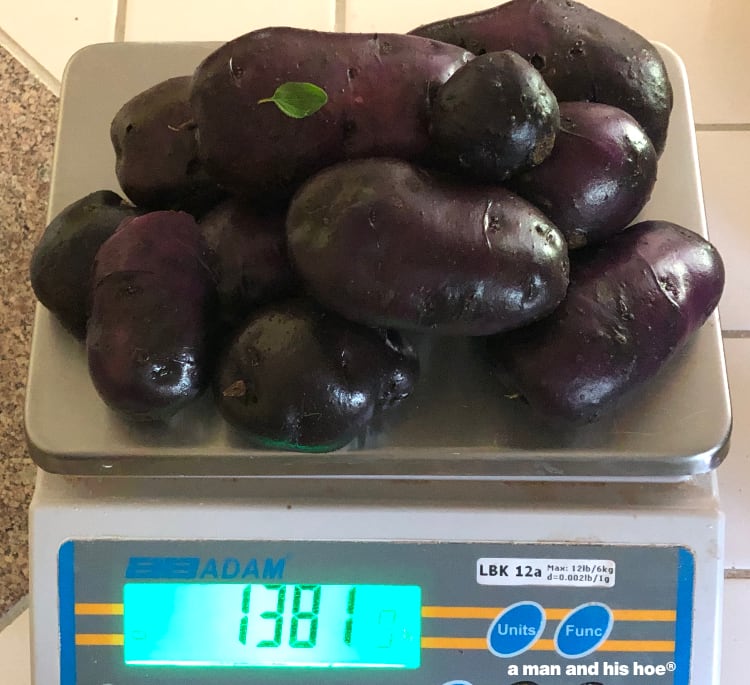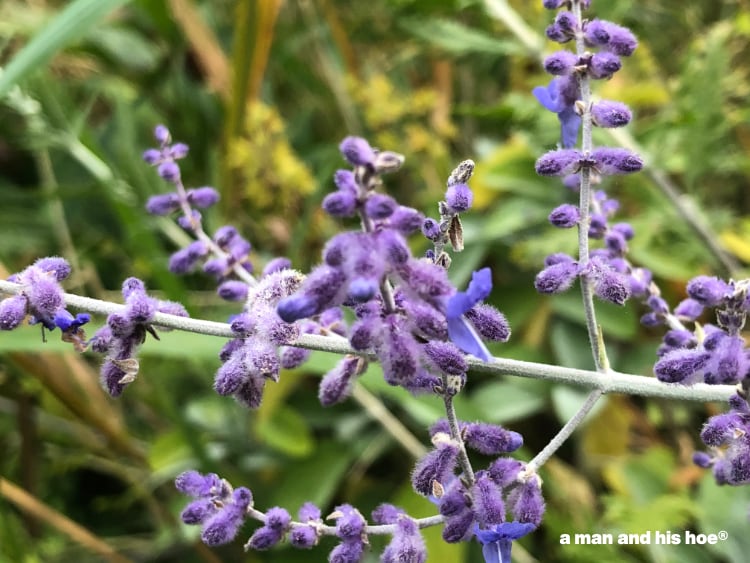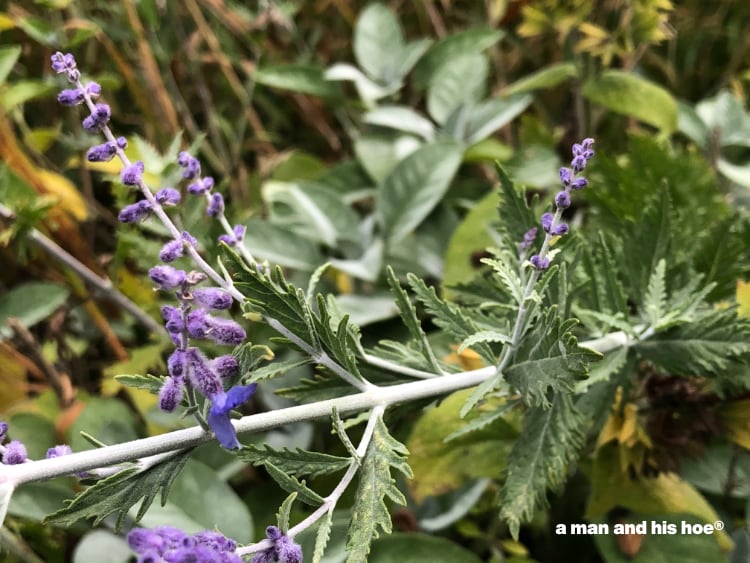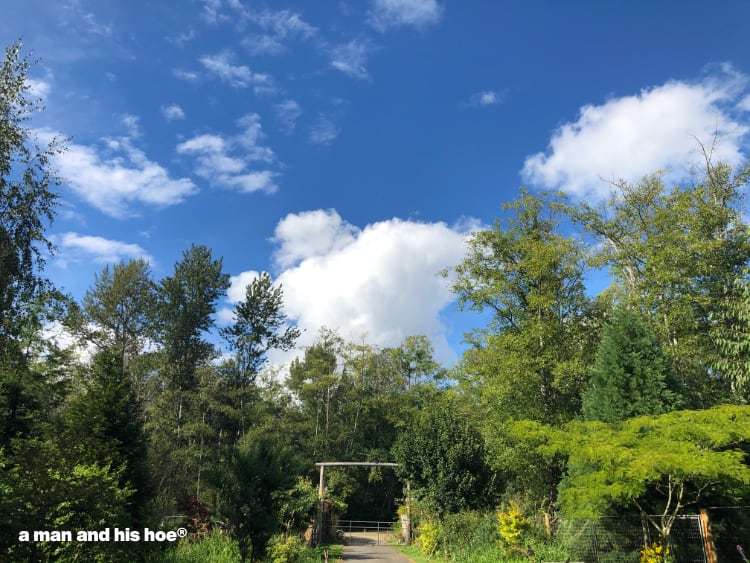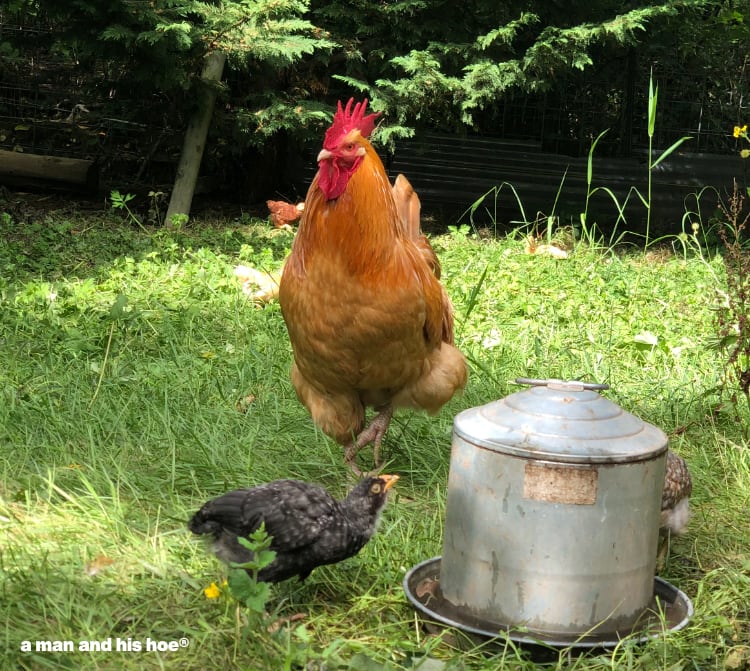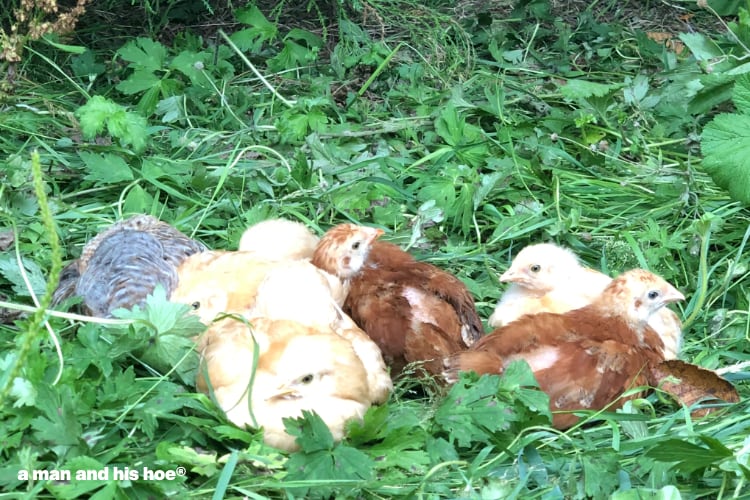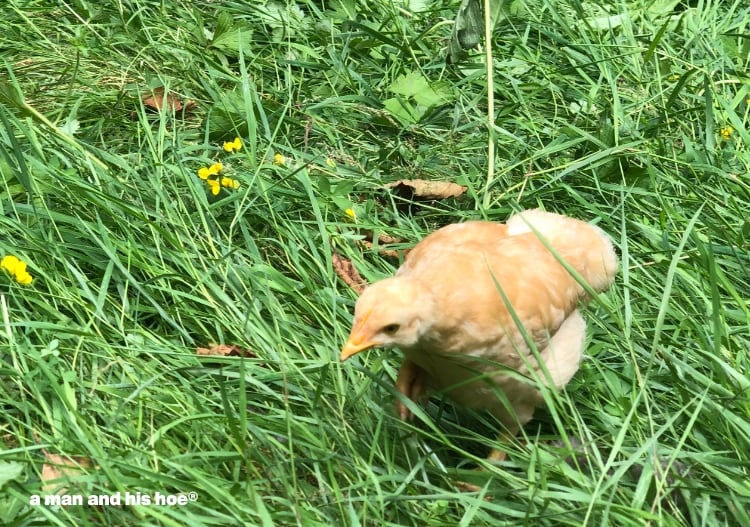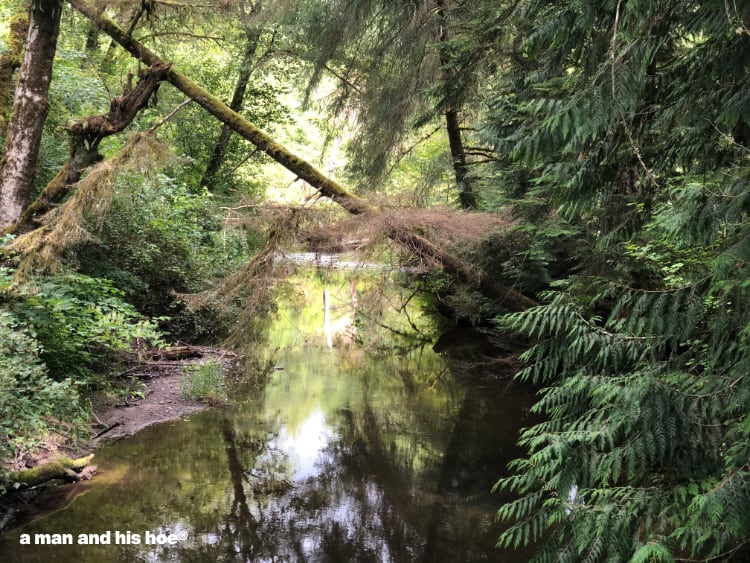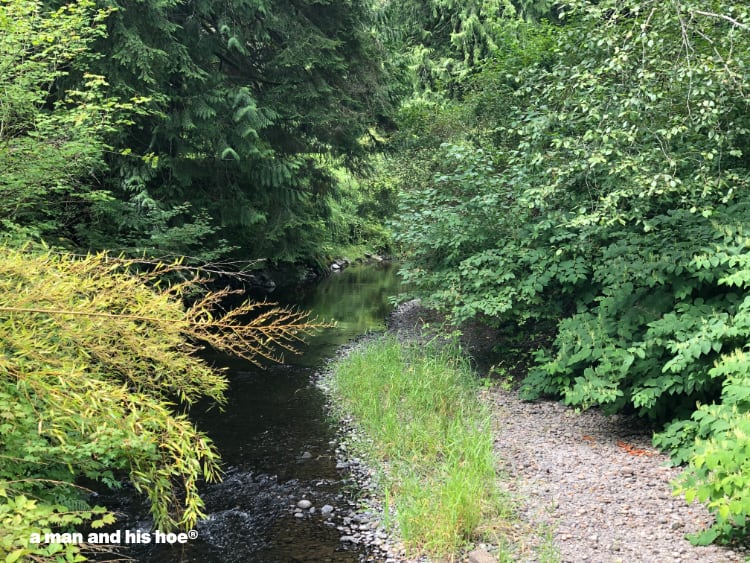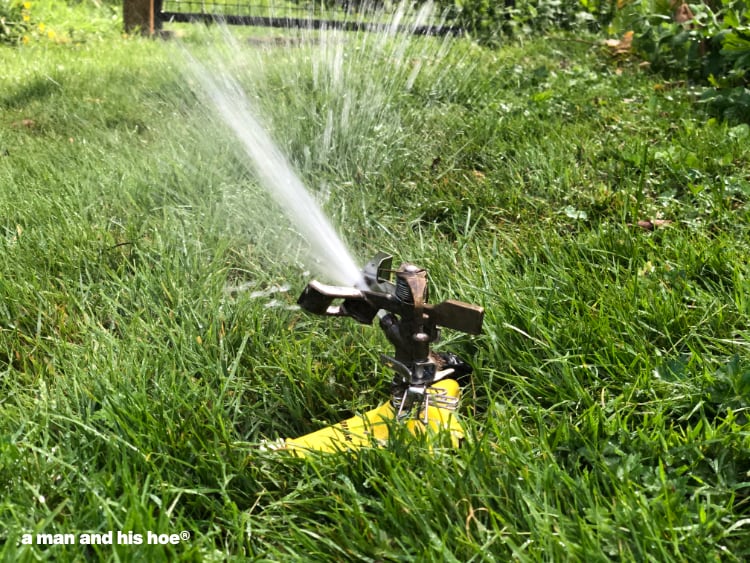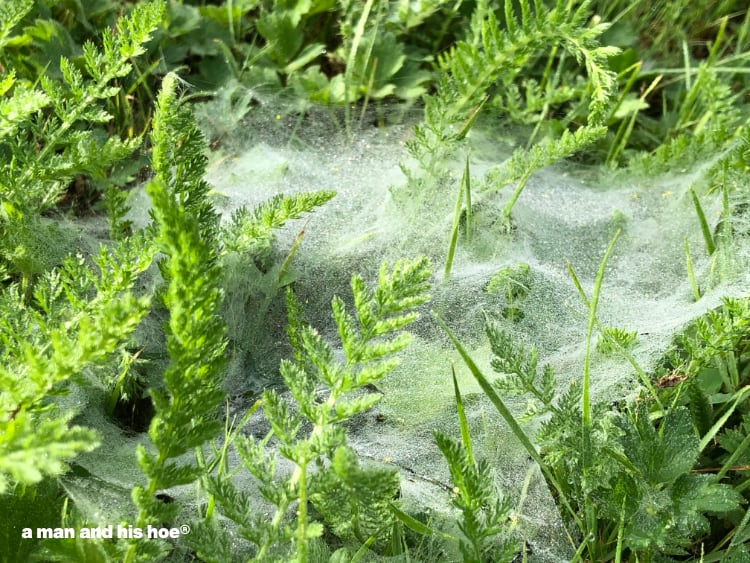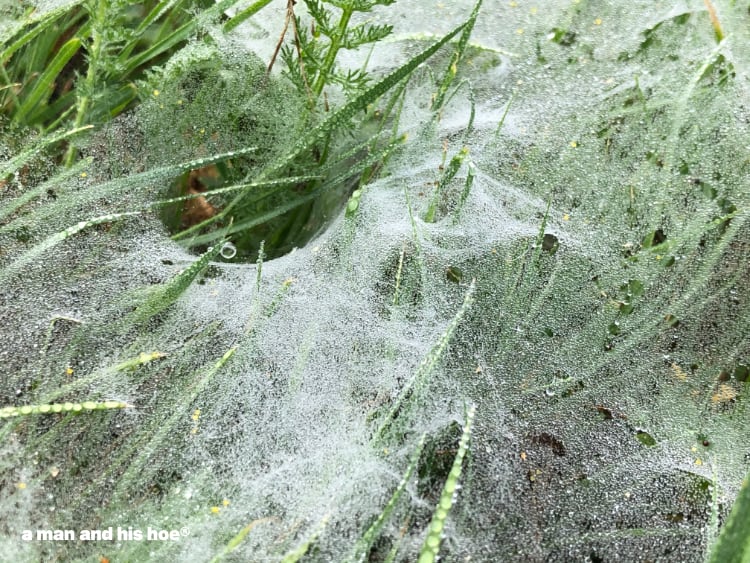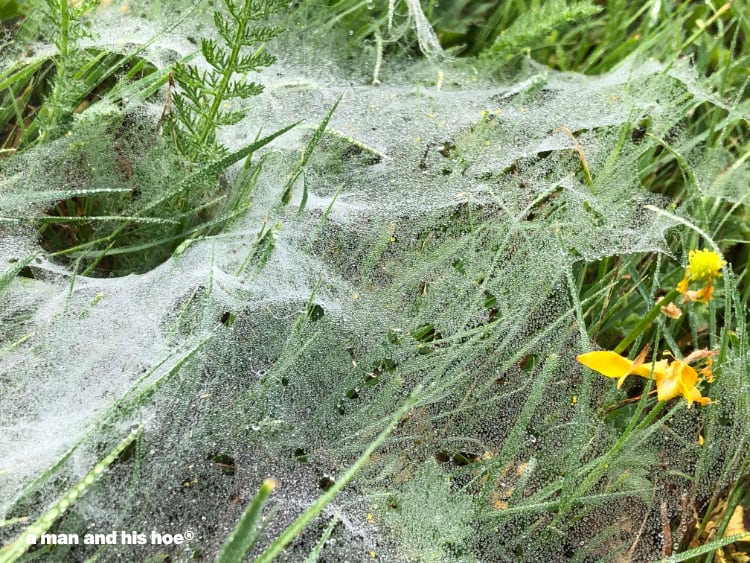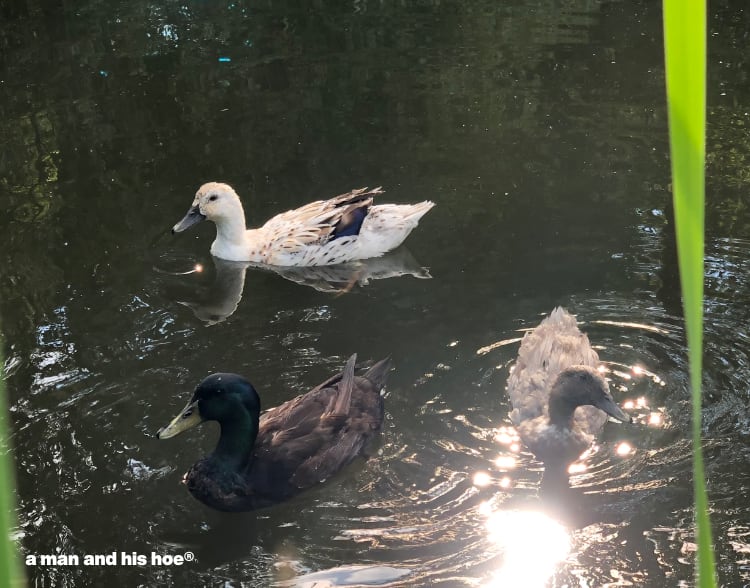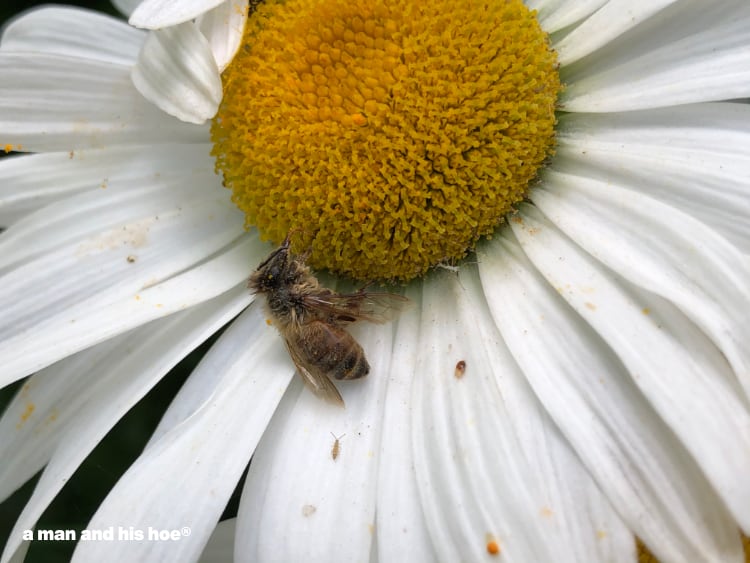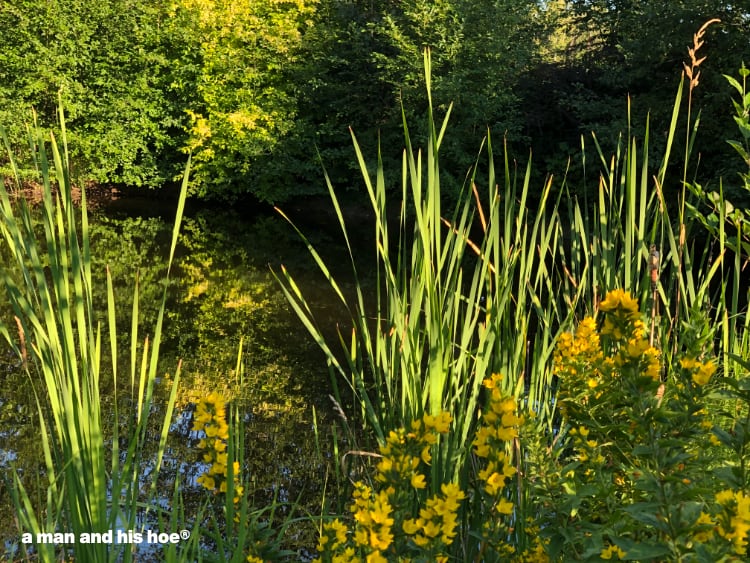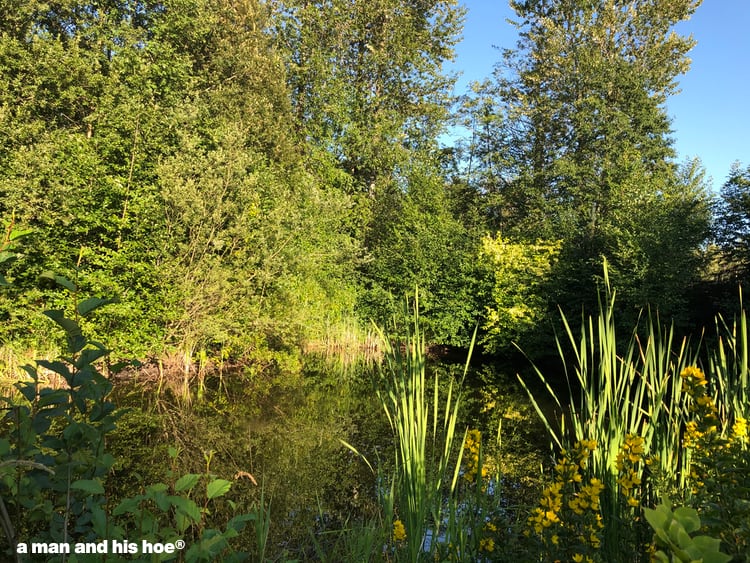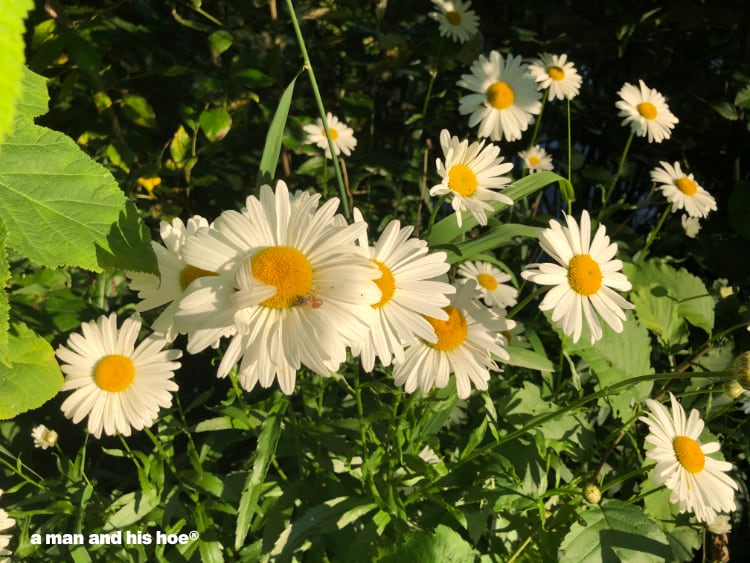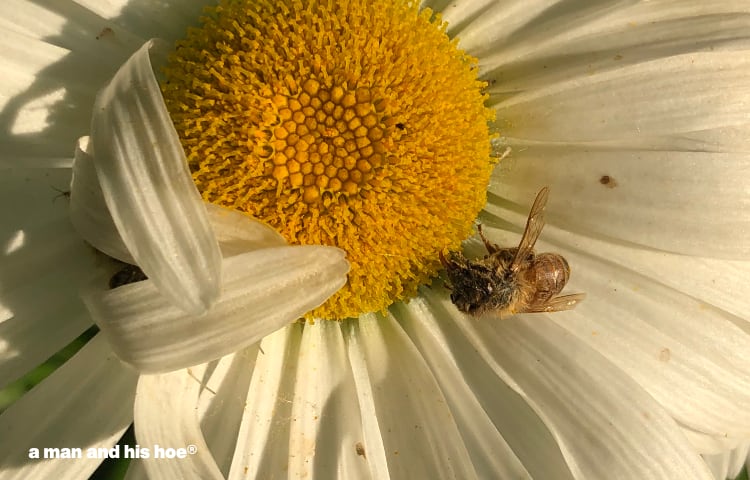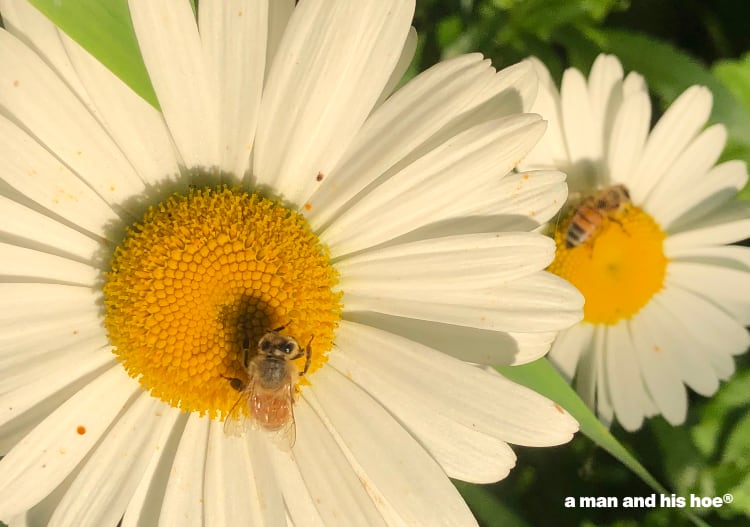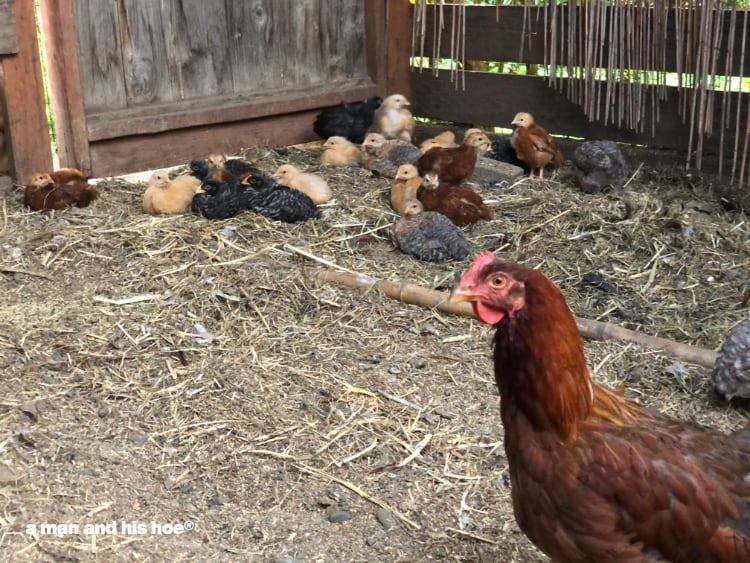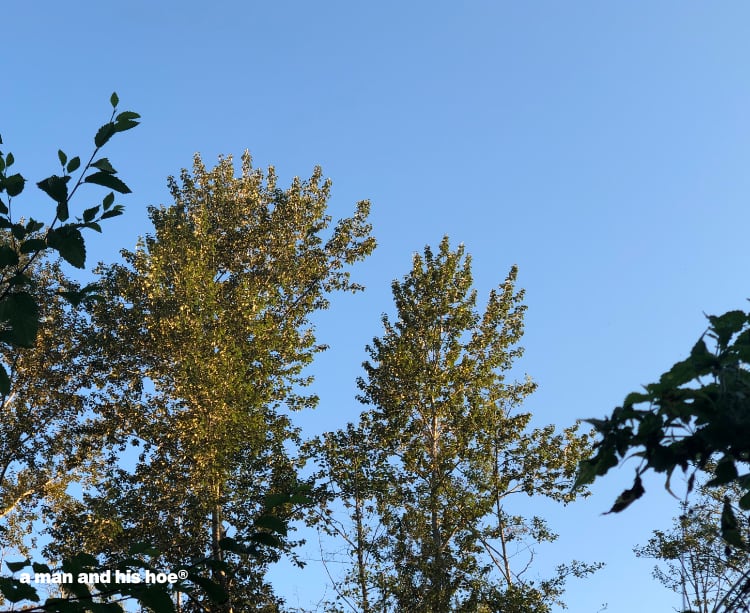
The forecast yesterday was for a hot day. 87ºF (30.6ºC). This morning the forecast changed to a high of 84ºF (28.9ºC). Our first day this summer above 80ºF. It felt warm from the first step this morning. The sun was already burning the top leaves of the cottonwoods. We topped out at 82ºF (27.8ºC). Tomorrow and beyond, we are back to cooler weather. A heat wave that lasts one day, that’s fine with me.
Blackberries ripening are a sure sign that it is August.
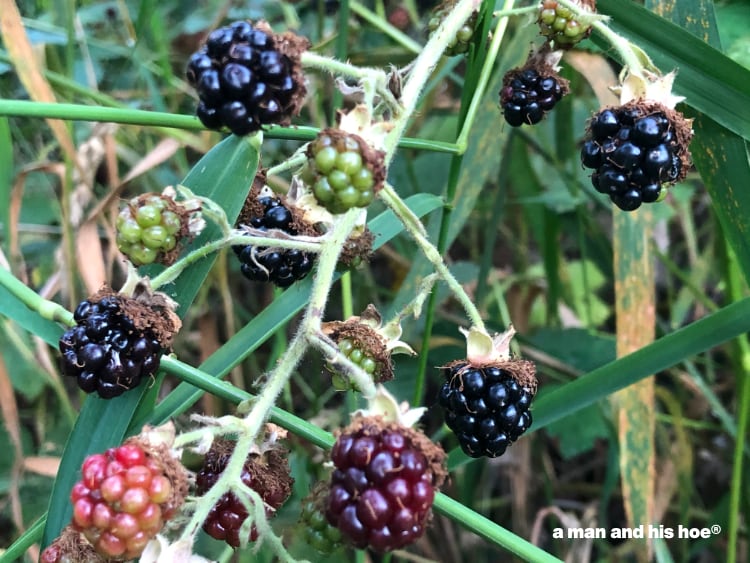
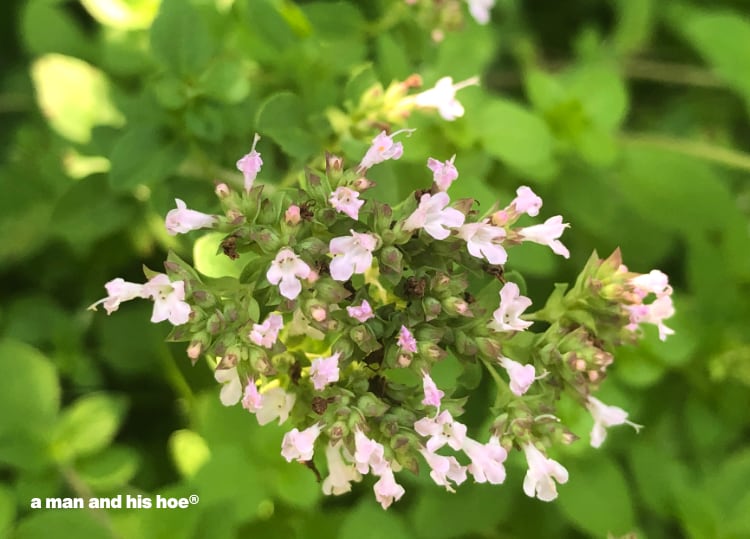
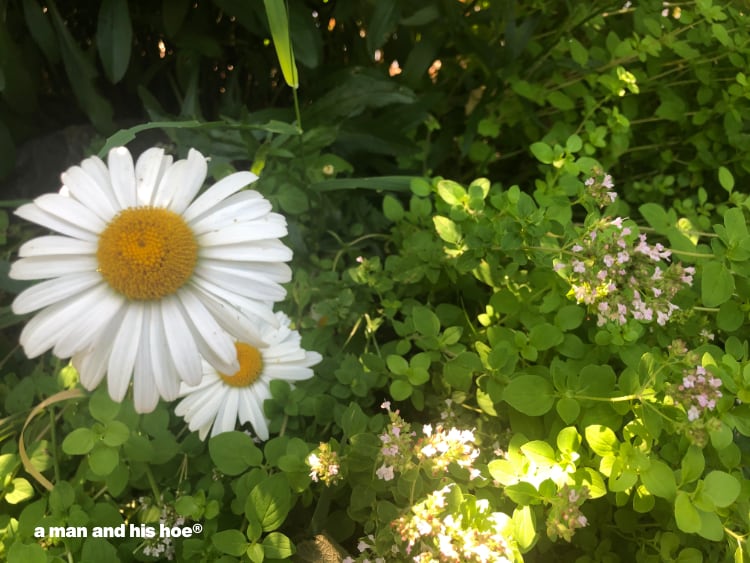
It’s a great day to relax and enjoy the colors of this time of year.
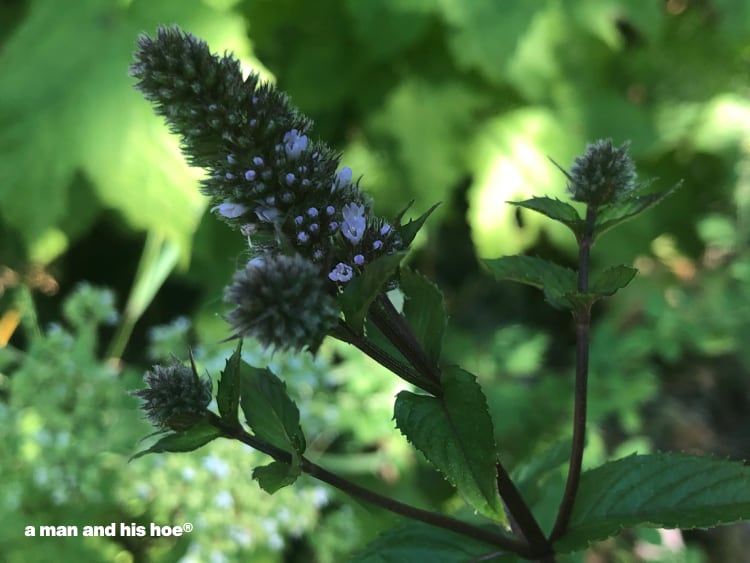
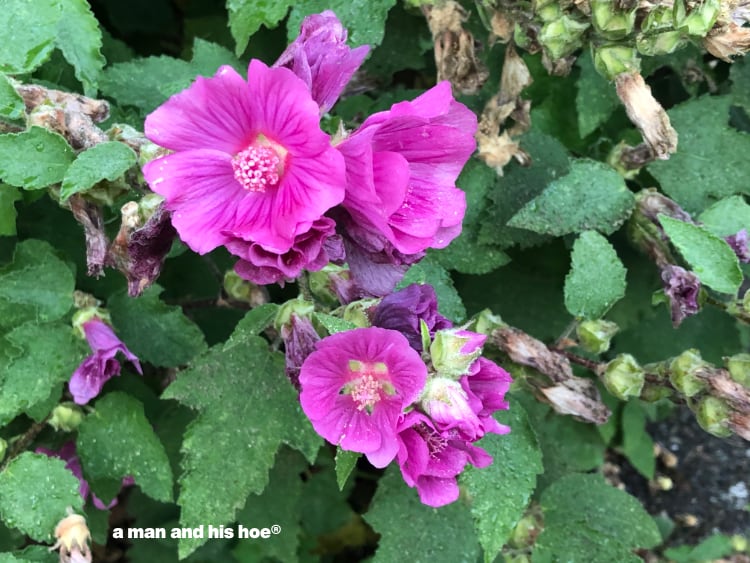
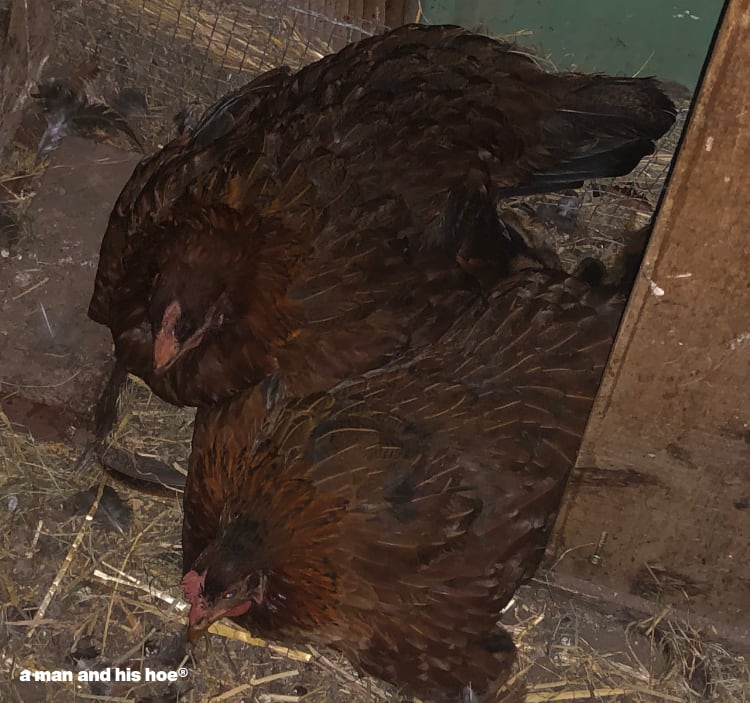
And what to make of these two? Here they are tonight, each coddling more than ten chicks underneath their feathers. They sat on the same clutch of eggs. Often on top of each other. I ordered baby chicks because they only had a few eggs and I needed to get more pullets. The baby chicks arrived Wednesday morning. I set them under both of them. I’m not sure how they determine which chick is going with which mother when they all wake up each morning, but they’ve got it figured out.
I’m afraid what the bill will be for all the therapists the chicks will require when they grow up. “I never could figure out who my mother was,” I can hear the chickens tell their therapist.
